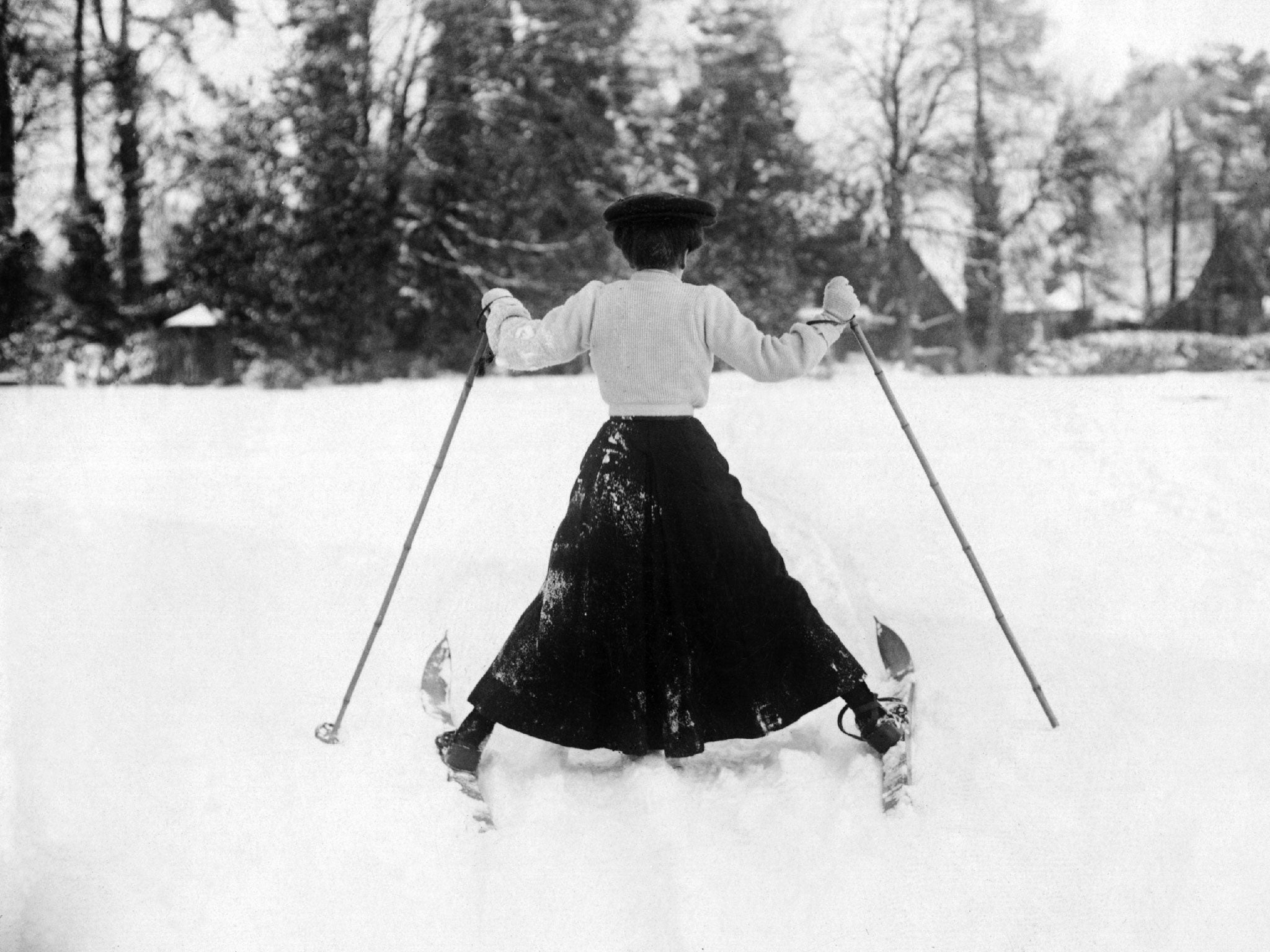You call this snow?: The Coldest Winters in British History

Your support helps us to tell the story
From reproductive rights to climate change to Big Tech, The Independent is on the ground when the story is developing. Whether it's investigating the financials of Elon Musk's pro-Trump PAC or producing our latest documentary, 'The A Word', which shines a light on the American women fighting for reproductive rights, we know how important it is to parse out the facts from the messaging.
At such a critical moment in US history, we need reporters on the ground. Your donation allows us to keep sending journalists to speak to both sides of the story.
The Independent is trusted by Americans across the entire political spectrum. And unlike many other quality news outlets, we choose not to lock Americans out of our reporting and analysis with paywalls. We believe quality journalism should be available to everyone, paid for by those who can afford it.
Your support makes all the difference.Snow, snow and more snow. The latest weather forecasts predict the temperature in Britain won't rise much about 0 for the next week, making this the coldest winter the country has seen for some time. But as cold as the winter of 2013 is turning out, it's a beach holiday in the Bahamas compared to the British winters of yesteryear.
Some older readers may remember The Big Freeze of '63. December 1962 began with the last Great Smog before the Clean Air Act came into effect. As if that wasn't bad enough, a cold easterly wind blew in from Scandinavia on the 22nd and didn't let up for the rest of the month. The snow was 8 feet deep in Kent and the upper reaches of the Thames froze over.
It did not, however, freeze over in central London, which would have provided ideal conditions for a River Thames frost fair, such as that held during the Great Frost of 1683-84. That year, during the peak of the period known as the Little Ice Age, the Thames was completely frozen over for two months and solid ice reportedly extended several miles into the North Sea.
The diarist John Evelyn described the frost fair that year as "a bacchanalian triumph, or carnival on the water." The ice was thick enough to support not only sledding and skating, but "bull baiting", horse and coach races and general drunken revelry.
In 1709, a William Derham of Upminster recorded a temperature of -12 C on the night of the 5th of January. He wrote "I believe the Frost was greater (if not more universal also) than any other within the Memory of Man."
1814 was (probably) the last year that a British winter was cold enough to hold a frost fair on the Thames. That year, organisers rather pushed their luck by leading an elephant across the river below Blackfrairs Bridge. The stunt was a success and both elephant and elephant handler survived.
Join our commenting forum
Join thought-provoking conversations, follow other Independent readers and see their replies
Comments